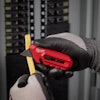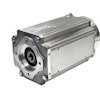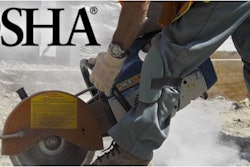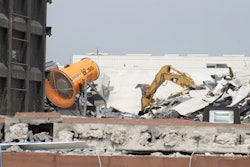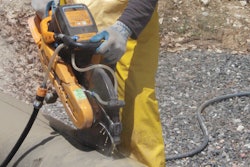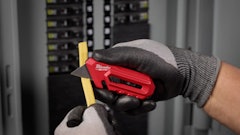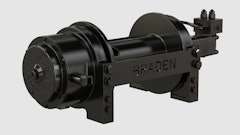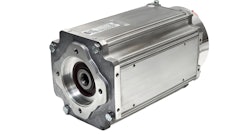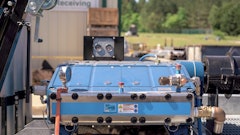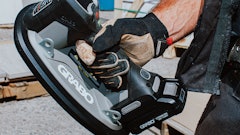With the high production rates and affordability of diamond tools, more contractors than ever before are cutting, grinding, and coring concrete and masonry materials. Performing these tasks without water generates crystalline silica (quartz) dust. Once breathed in, the dust particles become embedded into the lungs and never leave the body. The smaller the particle, the deeper they penetrate into the lungs.
Silica dust exposure has been associated with COPD, tuberculosis, and lung cancer, the symptoms of which may take many years to appear. Concrete dust is now the "new" asbestos, and in many jurisdictions, the generation of concrete dust is considered a high risk activity that must be controlled and contained. It's not only the operator who is at risk. Area workers are also exposed to the dust that is invisible to the naked eye and remains airborne for hours.
Rental stores can help protect their customers from the effects of silica dust and increase their rental revenues by offering the following:
Vacuums. In vacuums, multiple filters collect concrete dust. Traditional shop vacuums, however, cannot filter out the fine dust and, instead, blow dust back out through the motor when filters clog, usually within minutes.
Two types of vacuum filter systems are employed to collect concrete dust: standard and HEPA. Standard filters remove fine dust down to .5 micron, and in many cases this is all that is required to protect operators and other workers in the area. For additional protection from fine dust particles, workers can wear the proper respirators, which provide another revenue opportunity.
HEPA filters remove dust down to .3 micron. Vacuums using these filters are mandatory in some jurisdictions, and are usually specified in applications involving work areas where food, computers, and delicate equipment are present.
There is a recognized global standard for HEPA filters. Each HEPA filter is individually tested using a DOP (Di-Octyl Phthalate) test and must be "signed off" by the testing agency or manufacturer. HEPA filters that are not individually tested are not considered to be "true" HEPA and are noncompliant. Since HEPA vacuums use a more expensive filtration system, they rent for more money than vacuums with standard filters.
Rubber skirts, dust ports, and shrouds
Some equipment manufacturers such as EDCO build rubber skirts and dust ports into their concrete floor grinding equipment as standard equipment. This allows the rental store to provide a vacuum with the grinder rental without having to modify the equipment.
Dust shrouds are available for hand grinders and some saws. When choosing a dust shroud, look for a tight fit. A loose fit will reduce suction, and require a larger vacuum to efficiently evacuate the dust. Also, look for a dust shroud with an adjustable skirt at the bottom. Too much space between the bottom of the shroud and the material will reduce vacuum flow and allow dust to escape. Ideally, a dust shroud with an adjustable skirt will facilitate proper suction and make the necessary allowances for diamond cup wear.
The industry is only now beginning to see the effects of silica dust on its workers. The disproportionate incidence of lung diseases among construction workers is alarming, and many government agencies are reacting by establishing strict guidelines for workers who come in contact with silica dust.
If silica dust control is not mandatory in your area, it soon will be. So take advantage of an opportunity to protect your workers and add a new revenue stream to your rental business.
John Bernat, CSO, STAR Diamond Tools, Inc. President
